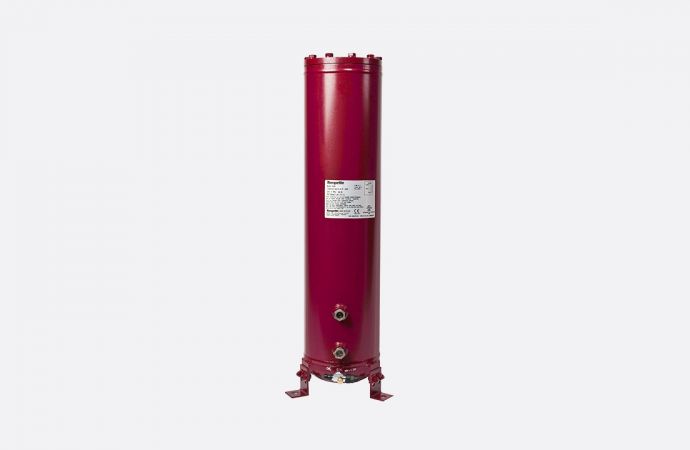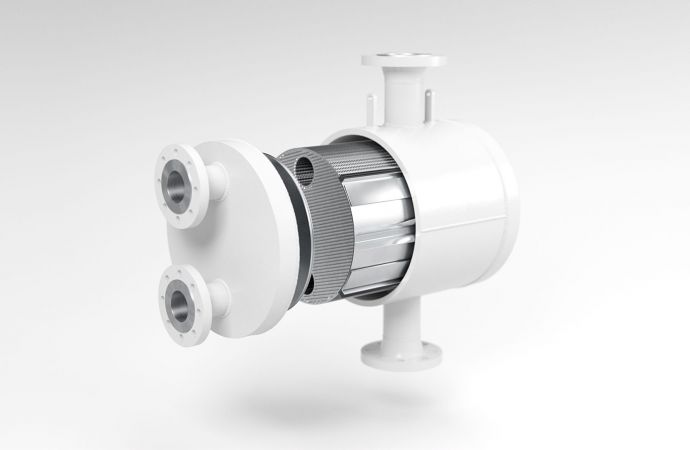NGOs and U.S. states had taken legal action when DOE energy-efficiency standards failed to appear in the U.S. Federal Register; walk-ins have been posted, but still not portable air conditioners.
_1504099120.jpg)
Supreme Court of the United States, Washington D.C.
On August 25, the U.S. District Court for the Northern District of California granted the Air-Conditioning, Heating and Refrigeration Institute's (AHRI) motion to intervene as a defendant in two identical federal lawsuits brought in the Northern District of California against the U.S. Department of Energy (DOE) for not releasing DOE energy-efficiency standards in the Federal Register for appliances that still include portable air conditioners.
"We are pleased that the court has granted us intervenor status in this important case," said AHRI President and CEO Stephen Yurek.
In 2016 the DOE issued six energy-efficiency standards – including those pertaining to walk-in refrigerators/freezers and portable air-conditioners – which are projected to save households and businesses up to $23 billion over 30 years. But the Trump administration blocked them from taking effect by not publishing them in the Federal Register – leading both NGOs and U.S. states to sue the federal government for the delays.
We are pleased that the court has granted us intervenor status in this important case."
– AHRI President and CEO Stephen Yurek
The DOE published new energy efficiency rules on walk-in coolers and freezers (WICF) on July 11, following the settlement of separate litigation filed by AHRI; the new rules will become law on September 7, with a compliance deadline of July 10, 2020. The agency has also finalized efficiency rules for ceiling fans.
That leaves efficiency rules for four systems – including portable air conditioners – that are the subject of the lawsuits.
The states and NGOs – including the NRDC, the Sierra Club, the Texas Ratepayers Organization to Save Energy, and the Consumer Federation of America, a consumer advocacy organization – announced the lawsuit on April 3 2017 for the ceiling fans standards and put the DOE on notice for the others.
AHRI filed its motion as it believes the Department of Energy's (DOE) Error Correction Rule – which allows a regulatory freeze during a 45-day period and a public review when a change in administration in the U.S. comes about, as it did when Trump took office – has not been properly interpreted by the plaintiffs.
“The Error Correction Rule resulted from our settlement with DOE in prior litigation [on WICF], and it is critical that manufacturers are represented in any proceedings that would determine DOE's ability to modify or withdraw pre-published rules," Yurek said.
The plaintiffs – under the coalition of NGOs and states – argue that under the Error Correction Rule, pre-published rules can only be changed to correct typographical errors or mathematical mistakes and must be published at the close of the 45-day review period, according to AHRI.
The U.S. District Court for the Northern District of California’s judge in the case, Vince Chhabria, has ordered the plaintiffs to file a consolidated complaint by September 8, and then for AHRI and the Trump administration to file a consolidated answer by September 22.
"We believe these cases raise important issues about regulatory certainty for manufacturers and stakeholder engagement in DOE's rulemaking process," said Yurek. "We look forward to briefing the issues and working with all the parties in these cases to ensure that our members' views are represented."
Related stories




